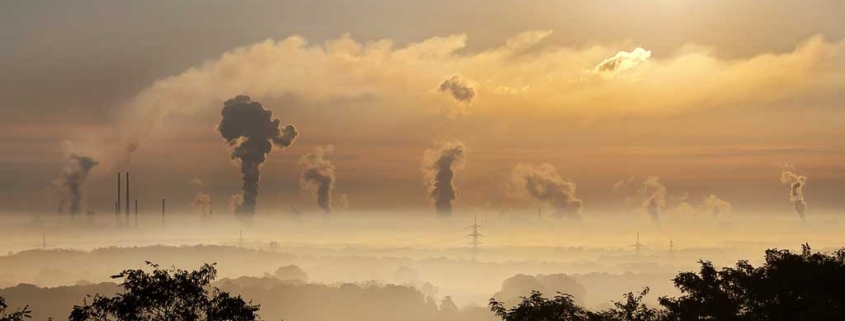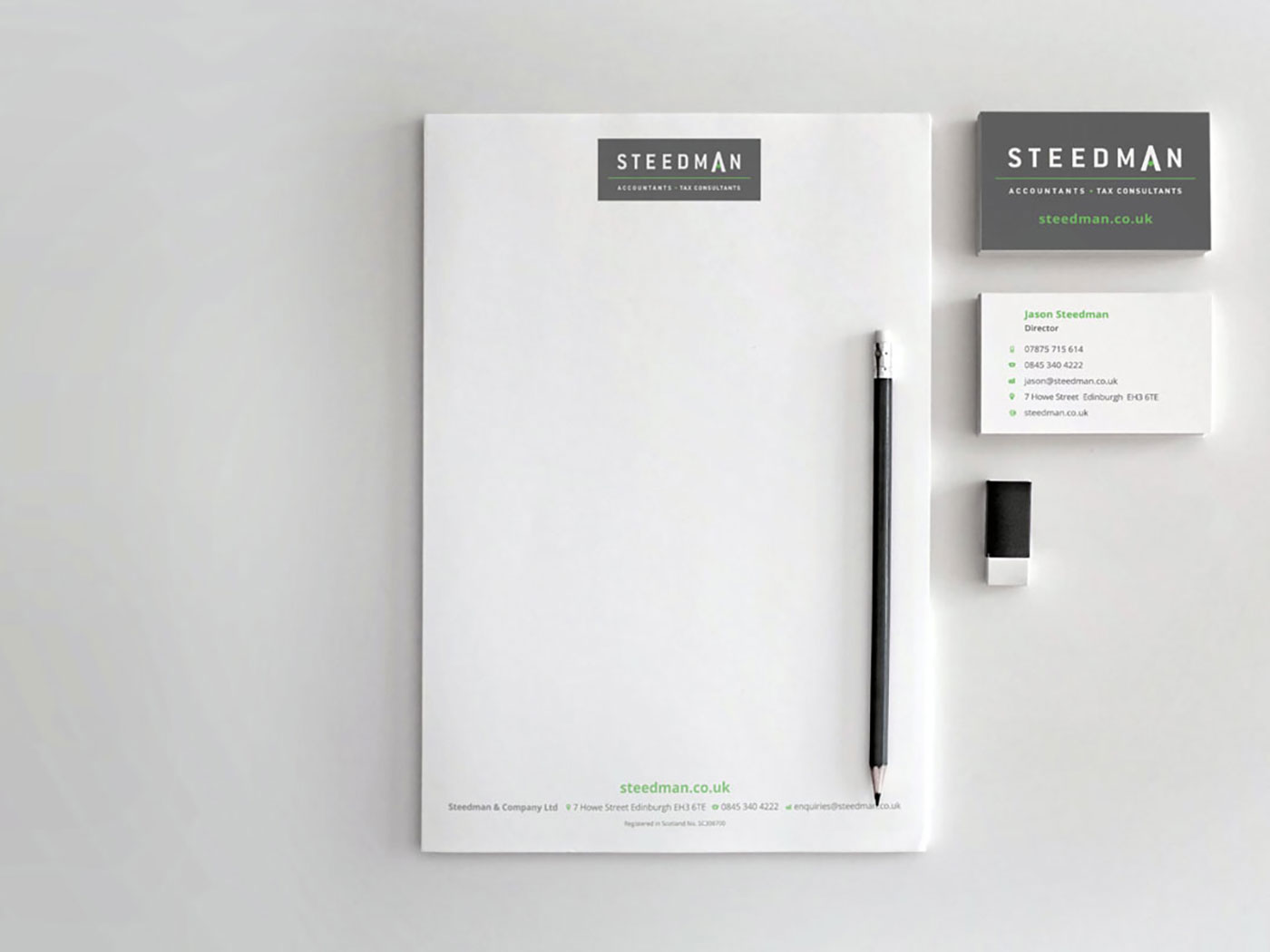Australian MPs Pass Carbon Tax
So it has finally happened – Australia is taxing carbon. This article in the Guardian explores the implications and political fallout from the introduction of the carbon tax. Could it be copied by the UK government which would see a huge impact in UK households which is what is predicted to happen in Australia?
The Australian government has cleared the major hurdle towards bringing in one of the world’s biggest carbon emissions trading schemes after MPs passed two bills that are expected to be voted into law by senators next month.
The carbon tax aims to cut Australia’s emissions by 5% from year 2000 levels by the year 2020, and bring emissions down 80% by 2050.
The prime minister, Julia Gillard, hailed the bills’ passage through the lower house of parliament as a historic reform. “This is a significant day for the Australian nation, not just for today but for the generations to come,” she said. The carbon tax bill passed by 74-72 votes and now needs to go through the senate, where the Labor government has the numbers backed by the Green party. “History will record that a clean energy future started with this vote today,” Gillard told a heated parliamentary session during which she was interrupted four times by hecklers in the public gallery shouting: “No mandate.”
The Conservative opposition leader, Tony Abbott, a climate change sceptic, pledged “in blood” to repeal the tax if elected. “I am giving you the most rock solid commitment any politician can give that this tax will go,” he said.
“This is a black day for Australian democracy. This carbon tax is a sign of the prime minister’s willingness to betray people for power,” he said in a reference to Gillard’s promise not to introduce a carbon tax in the days before last year’s election. Debate over pricing carbon has been one of the most politically divisive in recent years, claiming the scalp of one prime minister and an opposition leader.
Manufacturing and business lobby groups have condemned the tax, which they say will cost jobs. Rightwing shock jocks have rammed home the anti-tax message on radio, arguing that whatever Australia does will make little difference to the world’s climate.
Scientists who support action on climate change have received death threats. Australians are some of the highest per capita emitters of greenhouse gases in the world, largely because around 80% of their electricity is generated by coal-fired power stations. Concerns about price rises linked to the carbon tax have filled the front pages of newspapers.
Labor’s primary vote is below 30%, which would spell electoral wipeout at the next poll due in 2013. It is in large part due to Gillard’s backflip on introducing a carbon tax. Last year’s hung parliament meant she had to do a deal over the tax with independents and a Greens MP in order to retain office, despite her earlier promise not to do so.
The successful passage of the carbon tax is welcome news for Labor, which has been unable to score many political wins in recent months. If it passes as expected next month in the senate Australia will join the EU and New Zealand in having national emissions trading schemes.
Regional schemes exist in the United States and Japan. The tax will start in July 2012 and require the country’s 500 biggest polluters to pay A$23 (£15) per tonne for their carbon emissions. From 2015 the price will be set by the market in a trading system. The legislation guarantees billions of dollars in compensation to trade-exposed and emissions-intensive industries.
Households will be compensated for rising prices due to the carbon tax.
The average duty is expected to be $9.90 per week and the average compensation $AUD10.10 per week for every home. Agriculture is exempt from the carbon price but farmers will be able to trade in carbon offsets. guardian.co.uk © Guardian News & Media Limited 2010 Published via the Guardian News Feed plugin for WordPress.
- HMRC Investigate Fraudulent Job Retention Scheme Claims - June 17, 2020
- Worldwide Disclosure – HMRC and Living Overseas - May 21, 2019
- UK Tax Loan Scheme for Pilots Still Up in the Air - March 20, 2019
Ricky worked as an Investigator in the Inland Revenue for over 20 years before founding Steedman & Company in 1987, giving him the experience and knowledge that enabled him to help so many clients over the years.
His appearance on a Channel 4 television programme about the inside workings of Revenue and Customs was watched by 4.1m which sealed his status as one of the most highly respected tax consultants to ever work in Scotland.
Ricky led all tax investigation and COP 9 cases, using his extensive knowledge to help people reach a positive resolution to their situation.
Ricky passed away suddenly and unexpectedly in June 2022 after leaving his indelible mark on the company he founded and headed for over 35 years.







